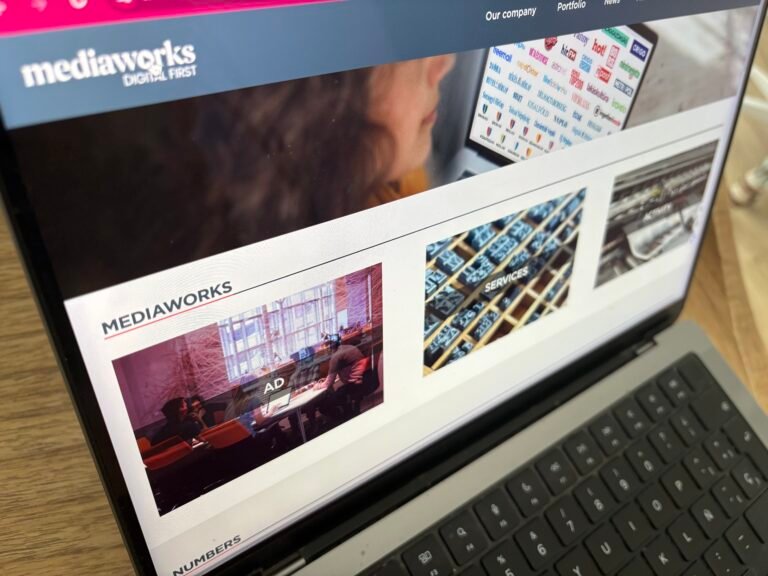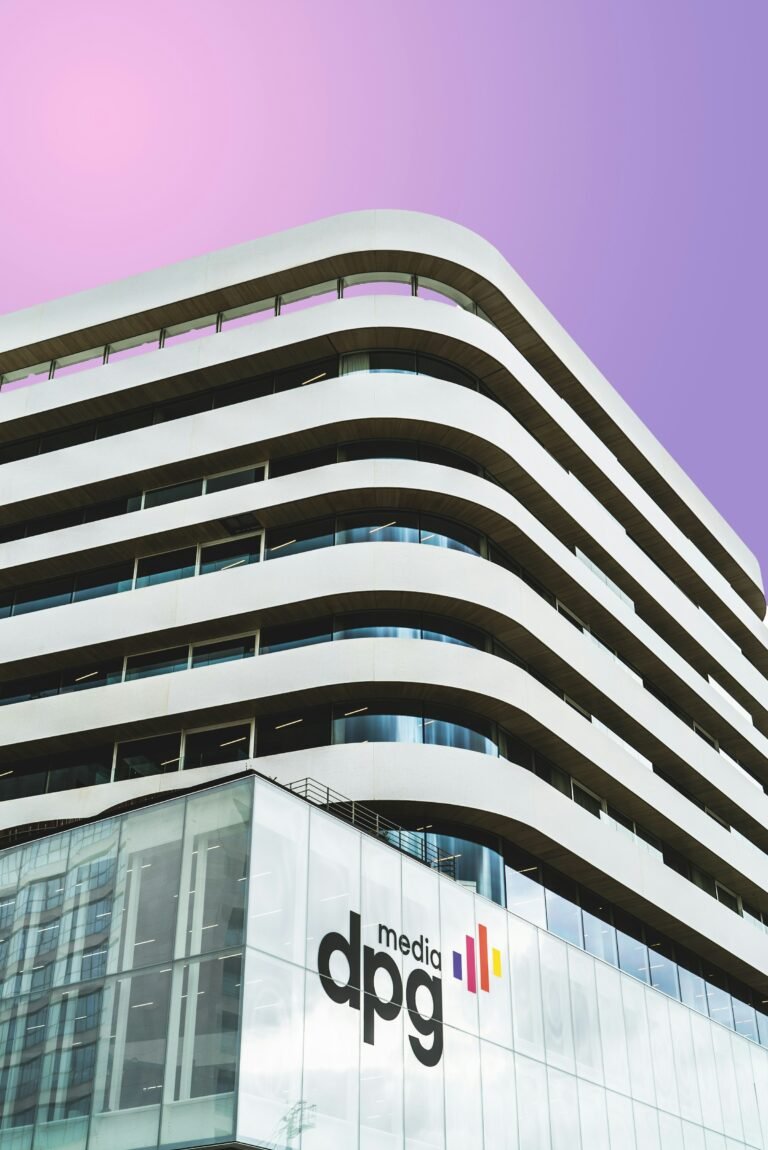Klubrádió Szolgáltató
Brands: Klubradio (broadcast – internet only) Media type: Online broadcast Political affiliation and funding: Independent, liberal (local, funded by grants and cash-rich, private owners)
Brands: Klubradio (broadcast – internet only) Media type: Online broadcast Political affiliation and funding: Independent, liberal (local, funded by grants and cash-rich, private owners)
Brands: Direkt 36 (online) Media type: Online only Political affiliation and funding: Independent, liberal (local, funded by grants and reader donations)
Brands: Atlatszo (online) Media type: Online only Political affiliation and funding: Independent, liberal (local, funded by grants and reader donations)

Authors Gabor Sitanyi has worked as a fund manager based in London running emerging market equity portfolios for nearly 30 years for Flemings, Schroders, Charlemagne and Fiera Capital, amongst others. Now, he works as an independent consultant. Eva Vajda has been a Hungarian investigative reporter for almost two decades, covering corruption and misuse of power. Now she…

Author: Manon Verougstraete Market overview Belgium’s media market is inherently fragmented, owing to its three distinct language groups, which also constrain its overall size. Media outlets are predominantly split between Flemish-speaking and French-speaking audiences, reflecting the country’s linguistic divide. Beyond these two major groups, a niche German-speaking market exists, catering to the mere 1% of the…
The VRT and the RTBF were both established as part of the Belgian National Institute for Radio (NIR) in 1930. The NIR was comprised of two departments, one for the Flemish-speaking audience (the “Belgisch Nationaal Instituut voor de Radio-omroep,” or NIR) and the other for the French-speaking audience (the “Institut National belge de Radiodiffusion,” or…
The VRT and the RTBF were both established as part of the Belgian National Institute for Radio (NIR) in 1930. The NIR was comprised of two departments, one for the Flemish-speaking audience (the “Belgisch Nationaal Instituut voor de Radio-omroep,” or NIR) and the other for the French-speaking audience (the “Institut National belge de Radiodiffusion,” or…
Roularta is the third largest media group in Belgium’s Flemish-speaking media market, following DPG and Mediahuis. The Roularta Group was established in 1954 by Willy De Nolf and his wife, Marie-Thérèse De Clerck. Initially, it consisted of separate local newspapers published in every city of the West Flanders province (West-Vlaanderen in Flemish). Over time, these…
The Rossel Group is the largest in the French-speaking Belgian media market, with a rich history dating back to 1887 when the newspaper Le Soir was founded by Émile Rossel and two of his friends, Nicolas Corbelin and Édouard Roels. During World War I, publication of Le Soir was suspended, but it resumed under the…
Mediahuis is a prominent media group in the Flemish media market of Belgium, along with DPG. It was formally established in 2014 through the merger of the Flemish publishers Corelio and Concentra in 2013. This transformation significantly impacted the media landscape, resulting in the consolidation of all Flemish media outlets under the control of the…